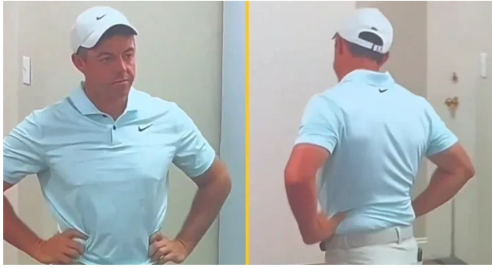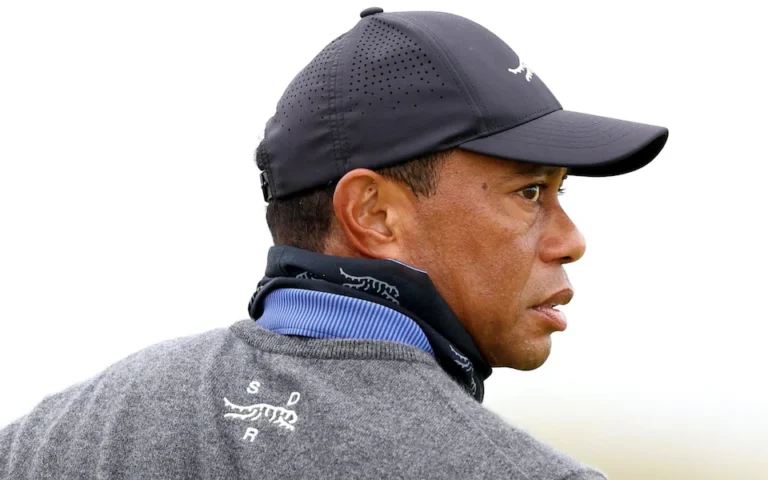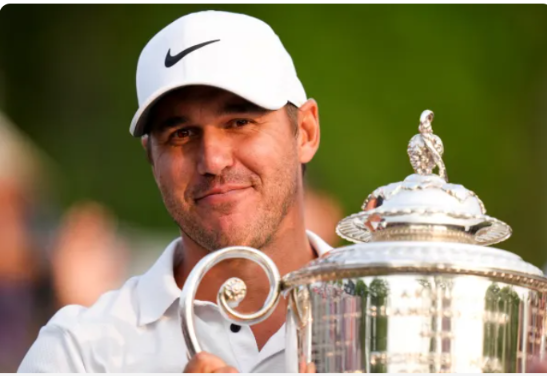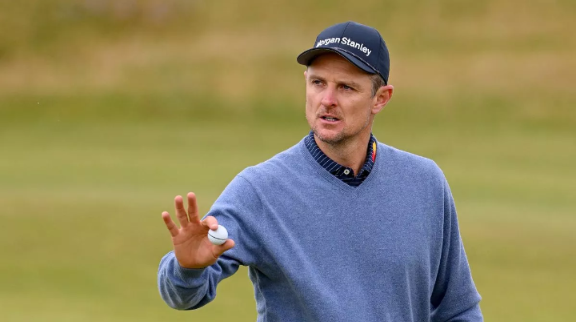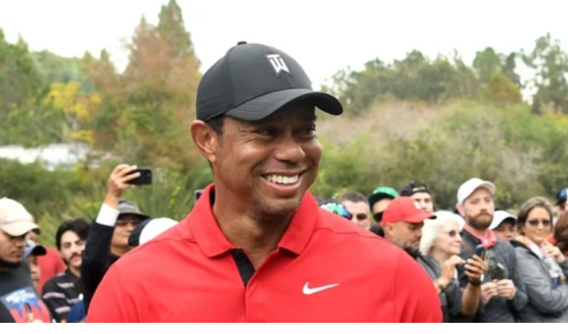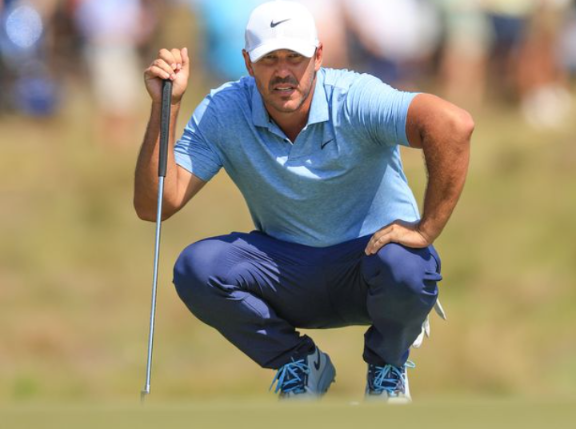After U.S. Open agony, there’s nothing more to say for Rory Six feet worth of putts on the final holes opened up enough of a window for Bryson DeChambeau to snatch the tournament out from McIlroy.
After another heart-wrenching close call at a major championship, where does Rory McIlroy go from here? How does he begin to recover from yet another narrowly missed opportunity? Can he take solace in the fact that he was, once again, a contender until the final moments? Or does the fact that he’s lost three majors…
After another heart-wrenching close call at a major championship, where does Rory McIlroy go from here? How does he begin to recover from yet another narrowly missed opportunity? Can he take solace in the fact that he was, once again, a contender until the final moments? Or does the fact that he’s lost three majors by a mere four strokes in the last two years—the 2022 Open Championship, the 2023 U.S. Open, and now this one—compound the agony?
Does he collapse under the weight of these near-misses, or does he soldier on, contemplating how a mere 6 feet of putts on Sunday could have altered the course of his career?
On Sunday at the U.S. Open at Pinehurst, McIlroy faced his most promising chance to clinch a major in a decade already rife with close calls. Twice, crucial putts edged toward the cup, only to cruelly lip out. Meanwhile, Bryson DeChambeau, who had squandered a three-shot lead by the back nine, stayed in contention by focusing intently on both McIlroy’s game and his own. When McIlroy’s third shot on the 18th nestled within 4 feet of the pin, DeChambeau experienced a moment of doubt. “Man, if he makes par, I don’t know how I’m going to beat him,” DeChambeau admitted.
The pivotal moment came when DeChambeau heard the crowd’s collective groan. “It was like a shot of adrenaline. I said, OK, you can do this,” he recalled.
I’ve covered thousands of sporting events, but the sound from the gallery at that moment was unparalleled. It was a primal cry of agony, frustration, rage, and disbelief. The crowd around the 18th green experienced all stages of grief almost simultaneously, moving swiftly from denial to bitter acceptance. Even among the few hecklers, like the one who shouted “It looks bad!” to McIlroy after his tee shot on the 18th, there was a reluctance to see DeChambeau triumph in this manner.
“Missing that putt,” DeChambeau reflected, “I wouldn’t wish that on anyone. It just played out that way.”
Every championship concludes with someone’s heartbreak, but for McIlroy, every major seems to end in personal tragedy. Each major Sunday that concludes without a trophy for McIlroy, each time he faces the question, “Is this your week, Rory?”, every time another player’s name gets engraved on a major trophy, he bears the weight of disappointment. How much more can one golfer endure?
McIlroy is a player who competes not for wealth but for the love of the game and the glory of victory. Many golfers have accumulated significant wealth without ever contending for a major. (Some of them even featured on Sunday’s leaderboard.)
The records will show that McIlroy missed putts on the 16th and 18th holes that totaled a mere 6 feet, 3 inches, allowing DeChambeau to catch and surpass him for the U.S. Open title. But statistics don’t tell the full story. The real tragedy—within the realm of sports—is that McIlroy knows he had the championship within his grasp. He knows that if given another thousand attempts at those putts, he would probably make every single one.
McIlroy’s enduring popularity stems from his relatable humanity. He’s a fan of sports, enjoys TV shows like “Succession,” and can even belt out a respectable rendition of “Don’t Stop Believin’” in a bar setting. In a sports world increasingly dominated by robotic, brand-conscious athletes, McIlroy’s willingness to address tough issues, like the current divisions in golf, stands out as both rare and commendable.
After the heartbreak on Sunday, McIlroy avoided speaking to the media. He quietly left Pinehurst in his courtesy car, an understandable choice. What could he possibly say that hasn’t been said before? Why should he expose his pain when it was already laid bare on the 18th green and in the clubhouse? He deserves the space to grieve this loss privately.
So where does Rory McIlroy go from here? How does he rebound from another devastating defeat in a career marked by them? The answers are unclear. Even McIlroy himself may not yet know the path forward.
From this point on, the journey for McIlroy will be without easy putts or easy answers.
